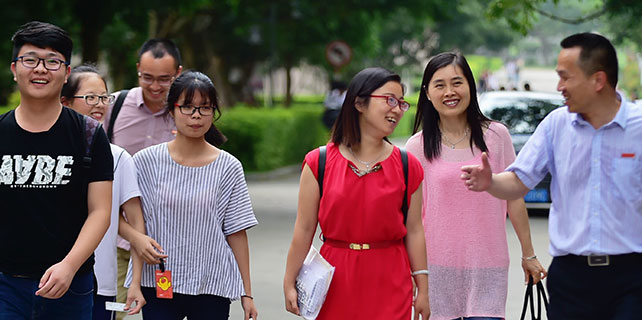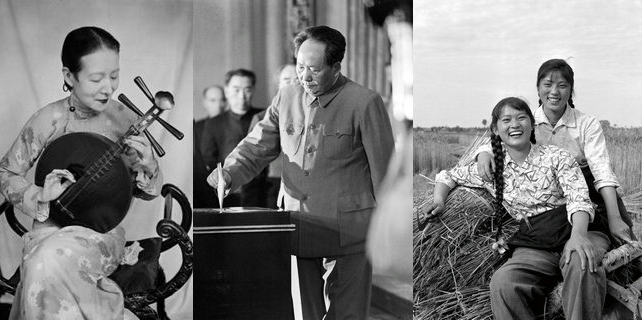China's May inflation expected to rise as food price decline narrows
BEIJING - China's consumer price index (CPI) in May, a main gauge of inflation, is expected to pick up from April, with the food price decline likely to narrow.
The official CPI in May, scheduled to be released by the National Bureau of Statistics (NBS) on June 9, is forecast to grow 1.5 percent year on year, according to Lian Ping, chief economist with the Bank of Communications.
NBS data showed that the CPI rose 1.2 percent year on year in April, against 0.9 in March, as higher prices for non-food commodities outweighed an ongoing decline in food prices.
The CPI increased 1.4 percent in the first four months of the year. The government aims to keep consumer inflation at around 3 percent this year.
Lian forecast that the food prices decline would narrow in May, which will push up May's CPI as food prices account for nearly one-third of the prices used.
Many of China's hundreds of millions of farmers are feeling the squeeze of lower prices for a variety of produce, ranging from vegetables through eggs to pork, since the start of the year.
Data from the Ministry of Commerce (MOC) showed that prices of vegetables, eggs and pork had been declining for the first three weeks of May affected by supply and demand imbalance.
From May 15 to May 21 in particular, the average prices of 30 different vegetables dropped 5.2 percent from the previous week, while egg and pork prices shed 2.3 percent and 1.2 percent, respectively.
Pork and egg prices had been dragged down as a result of ample supply and short demand. The high price of eggs and pork in previous years caused farmers to raise pigs and chickens, leading to oversupply.
"Pork prices will recover gradually as the tourism and festive season in the second half of the year will increase demand and push up prices," said Tang Ke, an official from the Ministry of Agriculture.
In addition, higher prices for non-food commodities prompted by stable domestic demand will also result in a pick-up in May CPI, according to UBS economist Wang Tao, who forecast a May CPI of 1.7 percent.
"Overall, annual CPI growth this year will be well below the official target of around 3 percent with no pressure of inflation or deflation," said Lian Ping.
China International Capital Corporation echoed the forecast in a report, noting that the CPI might stay muted in the near term, as agricultural supply side reform might continue to depress food prices and the headline CPI until the fourth quarter, which lowered the probability of aggressive monetary tightening.
Indeed, taming inflation leaves the central bank leeway to stay composed in raising interest rates. China's monetary policy in 2017 is set to be "prudent and neutral" to keep appropriate liquidity levels and avoid large injections.
Deng Haiqing, chief economist with JZ Securities, said mild CPI growth would give policy makers more scope to contain debt and financial risk.
With the economy doing reasonably well, policy has shifted to deleveraging and risk control, but Deng warned that over-tightening could destabilize growth.
As part of the effort, China has shifted away from a relatively loose monetary policy that helped lift growth over the past years, gradually guided interbank lending rates higher and tightening supervision on non-performing assets, shadow banking and local government financing.
Ren Zeping, chief economist at Founder Securities, said that while the regulatory squeeze would continue in the short term, the government must balance the frequency and intensity of policies to deleverage, manage liquidity and stabilize growth.









